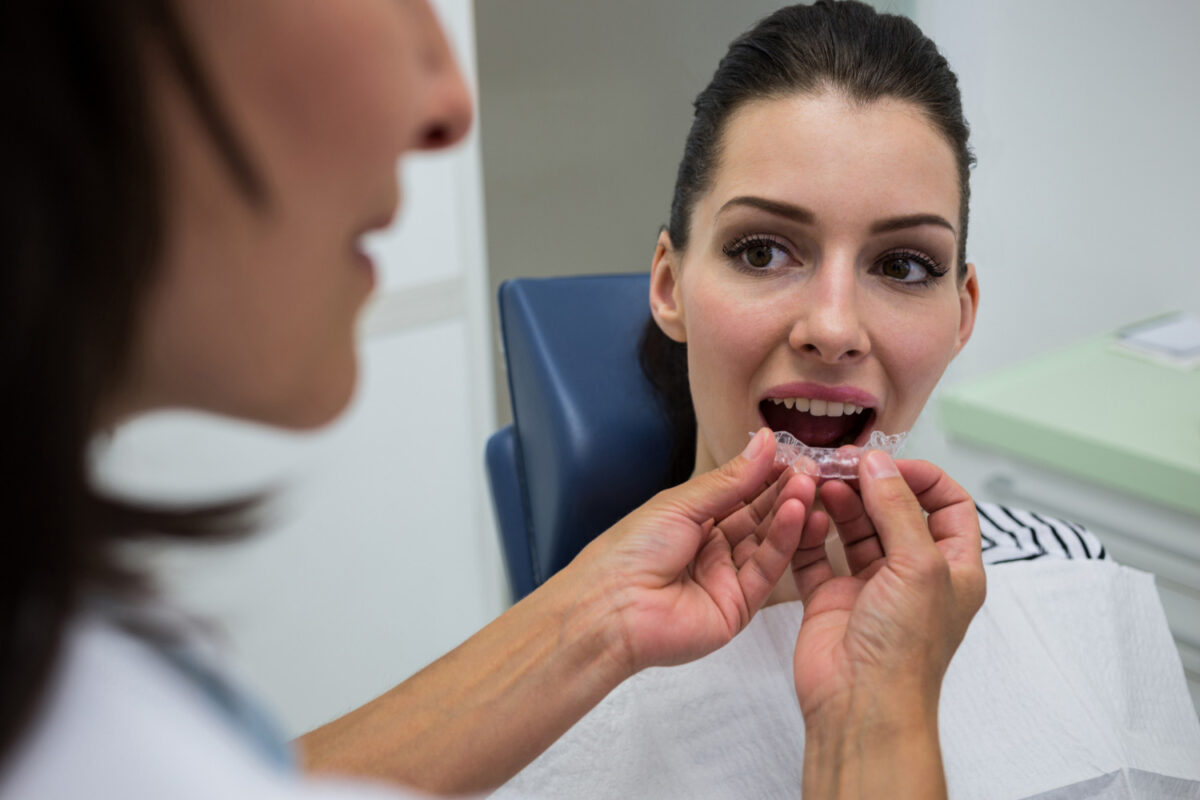What is Vitamin D?
With the current global pandemic, Vitamin D deficiency has been getting more attention than ever. Early in the pandemic, there seemed to be a connection between Vitamin D deficiency and the severity of COVID-19 symptoms. A French study indicated that those who took regular Vitamin D supplements in the year prior to their COVID-19 diagnosis were more likely to have a less severe illness, but an Italian study at the same time found no evidence that Vitamin D made a difference in COVID-19 outcomes. A further review of the Italian study indicated that there may be a small correlation between Vitamin D deficiency and severe COVID-19 symptoms, but other factors were more important in the severity of illness (Rubin, 2021).
Why is the evidence so murky? The problem is that COVID-19, Vitamin D and human beings are very complex. Isolating one variable such as Vitamin D, amongst age, sex, comorbidities and other factors is like finding a needle in a haystack, never mind being confident enough to say it is the only needle.
Outside of COVID-19, what is Vitamin D and why do we care about it? Vitamin D was discovered and named in the early 1900s by studying rats. It was named as a Vitamin because rats do get their Vitamin D from their diet, and they also produce it on their fur which they ingest when cleaning themselves. Unfortunately, rats use Vitamin D2, which is different from the D3 version that humans need. Vitamin D2 cannot be readily used by our bodies and has to be further processed in our bodies to become D3. There is also some information that shows that D2 can sit in the receptors for D3 and prevent proper absorption even when you supplement with the appropriate D3. Humans do not naturally get Vitamin D3 from their diet, it is synthesized in the body and is therefore technically a hormone.
Vitamin D3 is made on the skin by combining Cholesterol and UVB, which means we need to be exposed to direct sunlight to make it. It is then processed through the liver and kidneys to collect a few more components to become the form of D3 that our body can use.
An important factor of the creation of Vitamin D on our skin is the use of cholesterol in the process. A 2017 study showed that exposure to direct sunlight as a means of increasing Vitamin D levels did decrease cholesterol levels (Patwardhan, et al. 2017). The same study showed that using supplements rather than sunlight to increase Vitamin D levels actually increased cholesterol levels. Another study showed that outdoor activities, such as gardening in the summer, did decrease cholesterol levels but by a very small amount that would not impact overall health (Science Focus, 2021). But we also know that activities in sunlight generally involve physical activity and exposure to nature, which are also good for our overall health. Again, it is hard to separate out all the factors but the general consensus is that sunlight and specifically, UVB exposure does have some positive impact on cholesterol levels.
When people think of Vitamin D, they tend to immediately think of bone health. This is based on research that showed that a Vitamin D deficiency can cause issues with the body’s ability to absorb Calcium. This is when the Dairy industry started adding Vitamin D to cows milk, and it is now legally required in Canada for cows milk to be fortified with Vitamin D. Unfortunately, when they started doing this back in the 1930s, they did not yet know about the difference between Vitamin D2 and Vitamin D3, so all fortified foods use Vitamin D2 (Danahy, 2020).
Labelling Vitamin D as the “Bone Vitamin” has understated its importance in our bodies. The truth is, there are Vitamin D receptors in almost every single tissue of the body, including all your organs, blood vessels, muscles and endocrine glands (Harvard Health Publishing, 2019). They are also very present in the sleep center of your brain, which is one of the reasons we are so interested in it! Its importance in the absorption of Calcium in our gut has led many to believe that proper Vitamin D3 levels are vital for overall gut health as well, and are possibly even an essential growth factor for our gut bacteria (Gominak, 2021). There is even evidence that shows as we go through the seasons and are naturally exposed to lower levels of UVB, this creates lower Vitamin D levels, which changes our gut bacteria and slows our metabolism to better prepare us for a long, cold winter with limited food stores.
In our next article about Vitamin D we will further discuss how a person determines their current levels, the use of sunscreen and what you can do about properly managing your Vitamin D levels. Unfortunately, it is not just as easy as taking some Vitamin D supplements and hoping it is the correct amount!
If you have questions about your sleep or the sleep of someone you know reach out to us today
604-58SLEEP (604-587-5337) or
604-98SLEEP (604-987-5337)
info@sleepbetterlivebetter.ca www.sleepbetterlivebetter.ca
Sleep Better Live Better
Accredited by the College of Physicians and Surgeons of BC for Home Sleep Apnea Testing and CPAP
Qualified Diplomate American Board of Dental Sleep Medicine Provider
We are your
Centre for Excellence in Accredited Home Sleep Diagnostics and Non-Surgical Sleep Therapies including
Custom Oral Appliances, CPAP and exCite OSA
References:
Danahy, A. What is Vitamin D Milk Good For?. Healthline. 2020. https://www.healthline.com/nutrition/vitamin-d-milk
Gominak, S. Vitamin D. RightSleep. 2021. https://drgominak.com/vitamin-d/
Harvard Health Publishing. Vitamin D and your health: Breaking old rules, raising new hopes. Harvard Medical School. 2019. https://www.health.harvard.edu/staying-healthy/vitamin-d-and-your-health-breaking-old-rules-raising-new-hopes
Patwardhan VG, Mughal ZM, Padidela R, Chiplonkar SA, Khadilkar VV, Khadilkar AV. Randomized Control Trial Assessing Impact of Increased Sunlight Exposure versus Vitamin D Supplementation on Lipid Profile in Indian Vitamin D Deficient Men. Indian J Endocrinol Metab. 2017 May-Jun;21(3):393-398.
Rubin R. Sorting Out Whether Vitamin D Deficiency Raises COVID-19 Risk. JAMA. 2021;325(4):329–330. doi:10.1001/jama.2020.24127
Science Focus. Does sunlight reduce cholesterol? BBC Studios. 2021. https://www.sciencefocus.com/the-human-body/does-sunlight-reduce-cholesterol/





